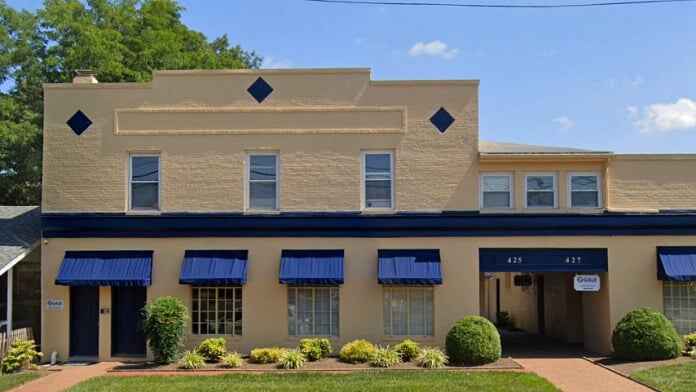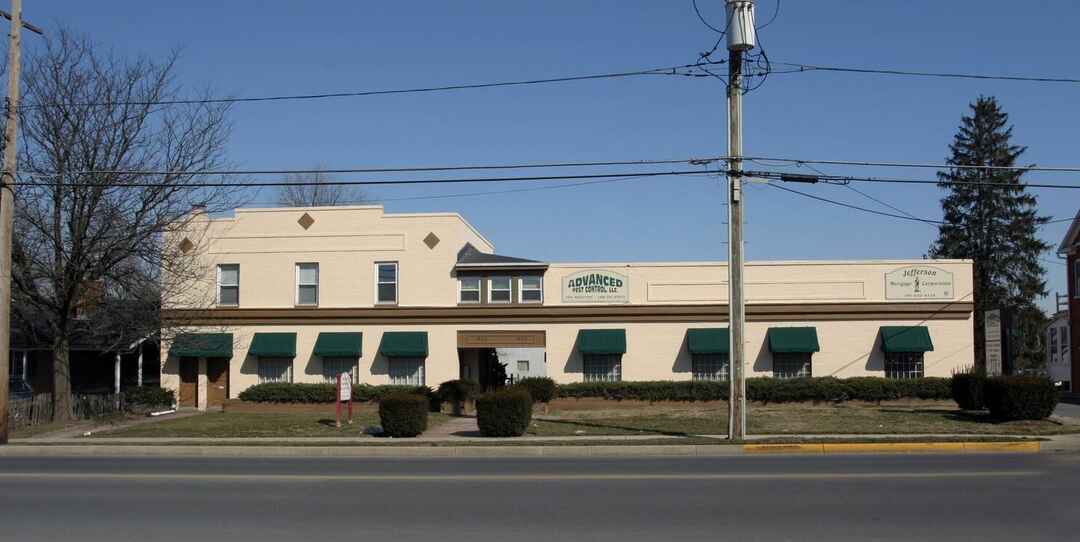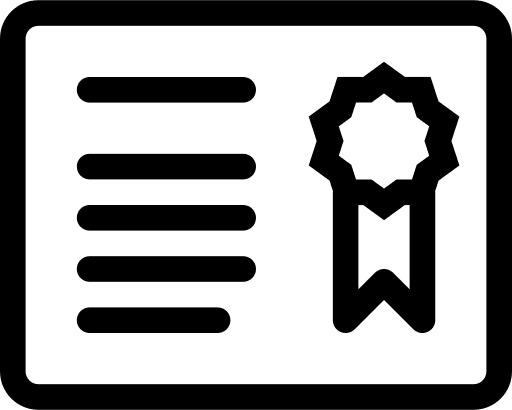About Wells House – Frederick
Located in Frederick, Maryland, Wells House is a facility that provides evidence based behavioral health treatment for adults with substance use disorders. You can receive outpatient, intensive outpatient and peer services. The facility also has a case manager who can work with you to make sure you get any needed resources to support your recovery.
Outpatient services are provided to you in the morning, afternoon or evening to accommodate your schedule. Most clients typically start treatment in the intensive outpatient program. You’ll have four three hour group sessions a week to discuss topics such as identifying triggers, developing coping skills, and increasing your motivation.
Group counseling will also give you an opportunity to get insight from your peers and receive encouragement throughout your recovery. The evidence based practices that your counselor will use include cognitive behavioral, motivational and problem solving strategies. Making sure clients have their needs met is an important part of helping patients to remain in treatment. Some of the needs your case manager can assist you with getting access to include medical care, education, employment and transportation.
I like that the facility makes holistic therapies such as trauma informed yoga available to patients. It can help you to learn how to reduce stress without using substances. Next door to the outpatient facility, Wells House has a sober living environment for individuals who’ve completed their treatment. You can continue to receive peer support in an alcohol and drug free environment and further solidify your sobriety as you work towards independence.
Frederick has various nature attractions worth seeing, such as Gambrill State Park and Catoctin Mountain Park. It provides you with lots of opportunities to enjoy outdoor activities such as hiking and camping.



